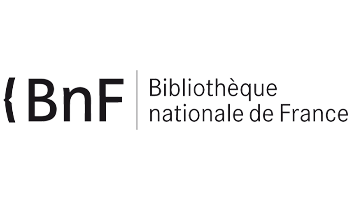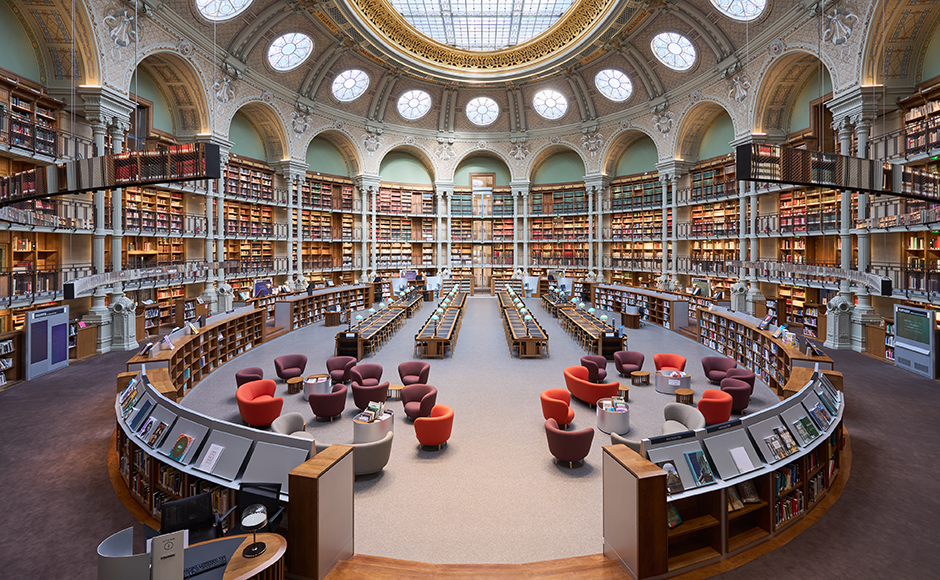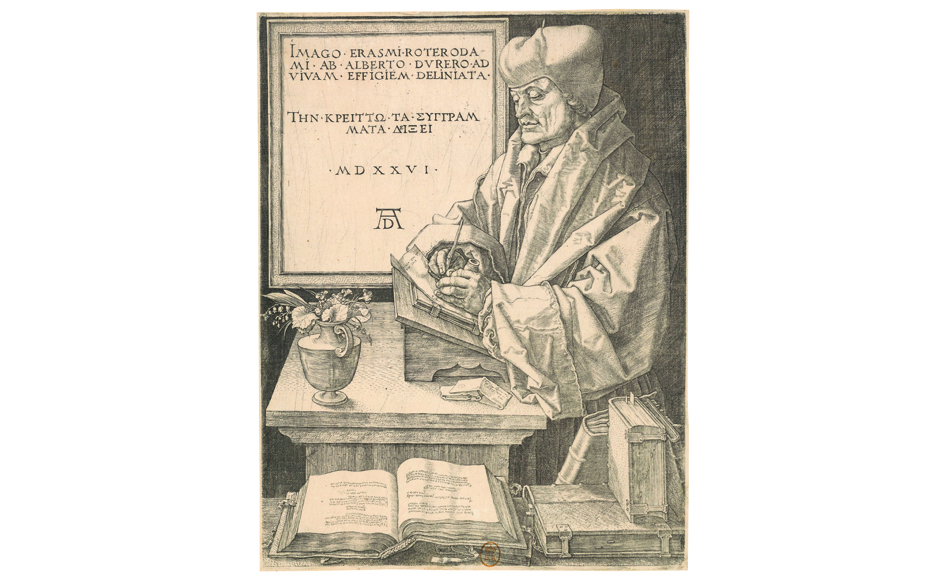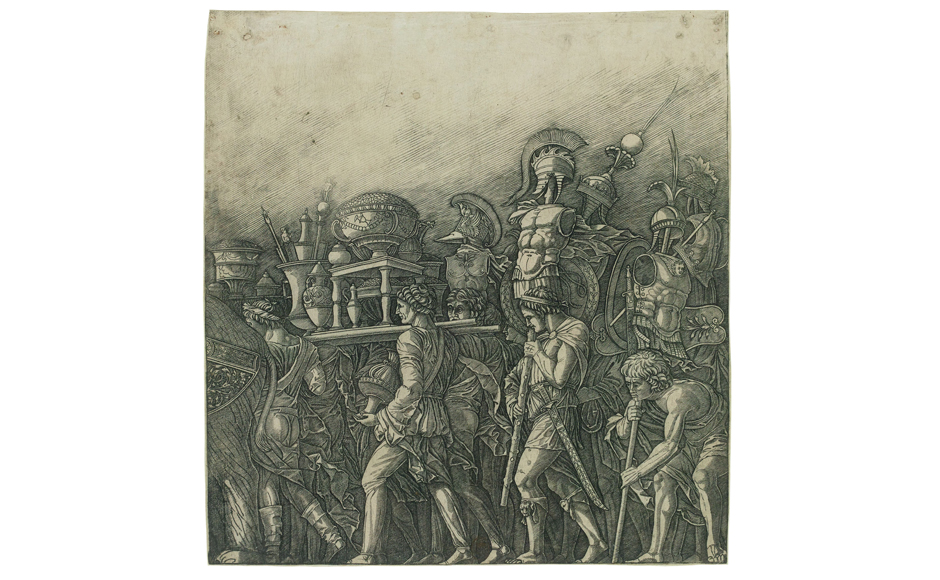





The Bibliothèque nationale de France is presenting the exhibition “The Invention of the Renaissance, the Humanist, the Prince and the Artist”, from 20 February to 16 June 2024 in the Mansart Gallery - Pigott Gallery on the Richelieu site in Paris.
The Fondation Etrillard is delighted to be joining forces for the first time with the Bibliothèque nationale de France (BnF) to support this exhibition devoted to this cultural epic and this decisive moment in the advent of our modernity, when literature and art played a key role. An era marked by a new relationship with knowledge and books, a rediscovery of ancient culture and a new vision of man and the library.

The renovated Salle Ovale © Guillaume Murat / BnF
From the 14th to the 16th century, Europe was the scene of a new intellectual, artistic and scientific effervescence, which posterity has named the Renaissance. At its heart was humanism: born in 14th-century Italy and characterised by a return to ancient texts and the restoration of the civic values they embodied, the humanist movement produced a new model of culture in the West that profoundly altered both thought and art. The princes and the powerful soon seized upon it as the basis for a renewed image of themselves, as the great and magnificent libraries they amassed attest in particular.
The presentation of over 200 works, including manuscripts, printed books, prints, drawings, paintings, sculptures and objets d'art, coins and medals from the collections of the BnF and external loans from major Parisian collections (Musée du Louvre, Musée Jacquemart-André) plunges visitors into the world of thought and the world of the Renaissance humanists.

Albrecht Dürer, Erasme de Rotterdam, 1526, gravure © BnF
The exhibition takes visitors from the private study of the scholar who surrounded himself with books in his studiolo to the public space of the great princely libraries. Between these two moments, which highlight the vital importance of books and their collection, visitors are invited to explore the major aspects of Renaissance humanist culture: the founding role played in the 14th century by Petrarch and his library; the rediscovery of ancient texts and the task of disseminating them through handwritten copies, publishing and translation; the evolution of taste and artistic forms brought about by an ever-expanding knowledge of the legacy of Antiquity; the new promotion of the dignity of the human being and the values inherent in his power to act and create, as exalted by the humanist programme of celebrating illustrious men.
The exhibition is curated by Jean-Marc Chatelain, Director of the Rare Book Reserve, and Gennaro Toscano, Scientific Adviser for the BnF Museum in the Collections Department.
The Fondation Etrillard is also helping to finance the exhibition catalogue.

Claudius Ptolomaeus, Cosmographia; Jacobus Angelus, interpres, 1451-1500, BnF, département des Manuscrits © BnF
This BnF project is in line with one of the Foundation's fundamental aims: the transmission of ancient art and culture as a source of inspiration for our time. In both Switzerland and France, the Foundation supports concerts, musical training courses and symposiums on early music (University of Geneva, Royaumont Abbey and Foundation), the restoration of manuscripts and treasures from prestigious collections (Saint Maurice Abbey, Condé Museum, Solesmes Abbey) and exhibitions of early art (Geneva Museum of Art and History, Louvre Museum, Cluny Museum).
Find out more on: www.bnf.fr

Andrea Mantegna (after), "Triumph of Caesar: the corselet bearers", Mantua, c. 1500-1504, BnF, Département des Estampes et de la photographie © BnF